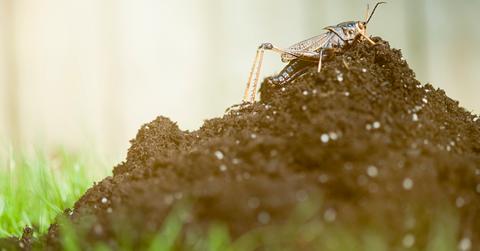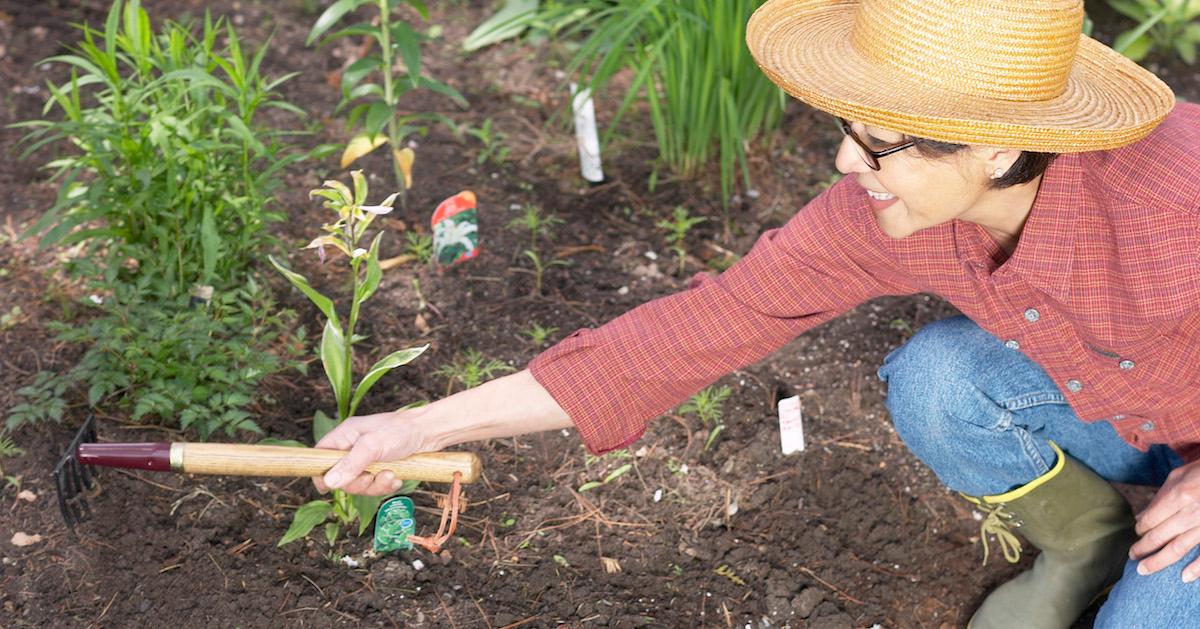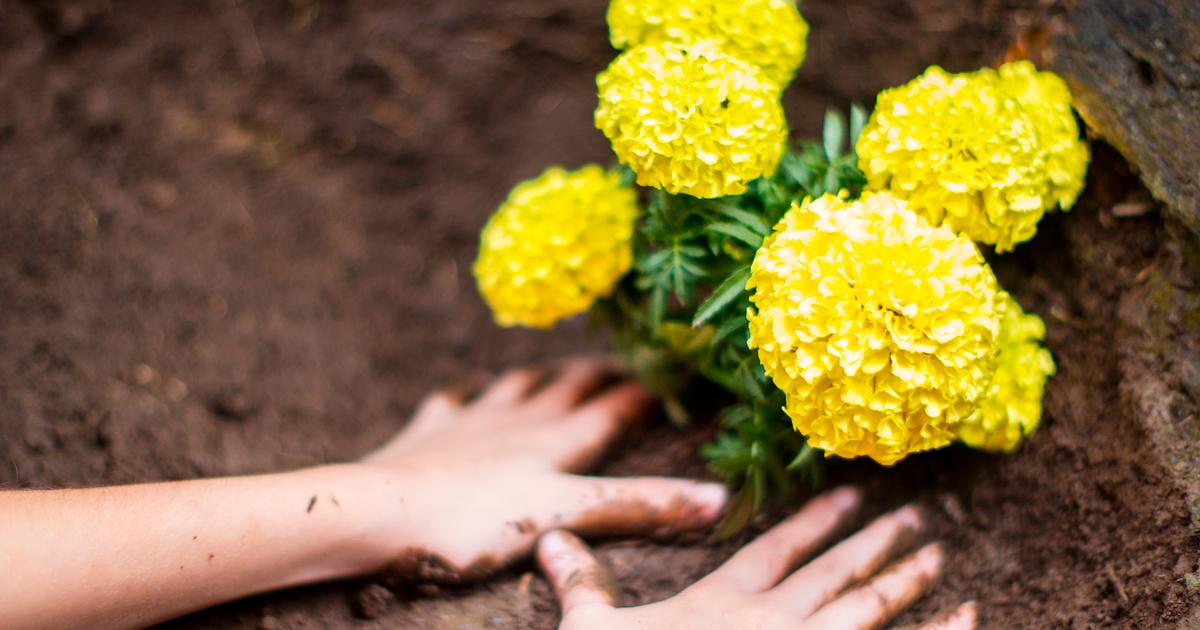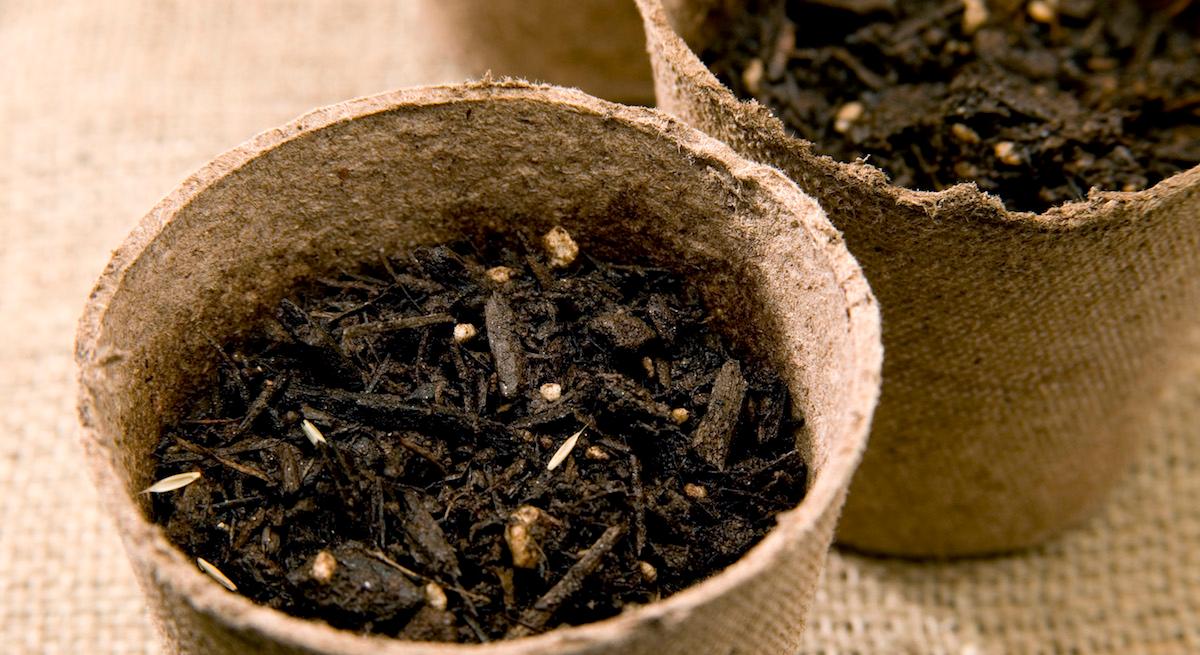What Soil Is Best for Vegetable Gardening?
Updated Jan. 20 2023, 3:34 p.m. ET

Vegetable gardening is all about finding the right balance of sun, water, fertilizer, and, perhaps most importantly, soil. Not all soil is created equal, however. Whether acidic or alkaline, the right gardening soil is almost always going to contain a host of nutrients to help bolster the strength of your plants or veggies. In the end, finding the best soil for vegetable gardens is all about understanding the basics behind what works and what does not.
The best soil for vegetable gardening:
When it comes to vegetables, each one seems to have a different soil preference, which makes it difficult to generalize any one type of soil as “the best.” Nevertheless, there are certain soil properties that delineate it as either fallow or arable. According to Gardening Know How, good soil should contain organic matter and a combination of nitrogen, phosphorous, and potassium.

Fertilizer and compost are key for vegetable gardening.
Organic material provides nutrients for garden vegetables to feed off of, and softens the soil so that plant roots can spread more easily. This softening effect also makes the soil more spongelike, making it easier for it to retain water. Most fertilizers will provide this organic matter, but compost is usually your best bet. True compost, that is compost that has been cultivated with the proper amount of nitrogen and carbon-rich ingredients, is a boon to garden vegetable soil.
The best part is, making compost at home is easy and eco-friendly. It will also cost you nothing except maybe space and a few extra minutes of time a week. The best compost includes five elements. The first is a selection of browns, or carbon-rich things like dry grass, newspaper, and leaves. The second is greens, such as vegetable scraps, coffee grounds, and eggshells. Then some moisture, aeration, and time are required to help the aerobic bacteria grow.
Soil pH is an important factor to consider.
Soil pH is also important for vegetables. Exact pH requirements vary across the board between alkaline (high pH) and acidic (low pH), but most garden veggies prefer a pH of about 6 or 7, according to Gardening Know How. The best way to know what type of soil you have is to test it. You can do this professionally or get a test kit online.

What is the best soil for a raised bed vegetable garden?
Not all gardens are created equal, and that means that not all soil requirements for those gardens are the same. For instance, raised bed gardens actually do better when you mix specific types of soil. According to Love to Know, this blend should be a 50:50 mix of compost and local topsoil, preferably cultivated from your own yard. Pre-mixed soil blends won’t have enough nutrients.

What is the best soil for potted vegetable plants?
Those who don’t have space for a backyard or raised vegetable garden might find themselves growing veggies in pots, often indoors. Even in this situation, however, a bag of premade potting mix is still going to be secondary to compost and natural soil. The thing is, people don’t often have access to a lot of local soil. If this is the case, Plantophiles recommends purchasing a potting mix made from compost, peat moss, bark chips, and pine bark.
These elements should create a baseline pH for most vegetables to thrive, as well. The other downside of potted soil is that it loses the added aeration and verimular activity of creatures like earthworms, which help make garden soil that much more nutritious for your veggies.
If you lack the compost to start and need a little push to get the soil to the right state, don’t be afraid to look for a commercially-available bag of garden or potting soil. The truth is, whether you’re growing veggies in a pot, a raised bed, or in the ground, you can usually get away with adding an extra bag or two of those store-bought mixes. Just remember to choose ones with the least amount of synthetic elements.
This article, originally published on June 9, 2021, has been updated.